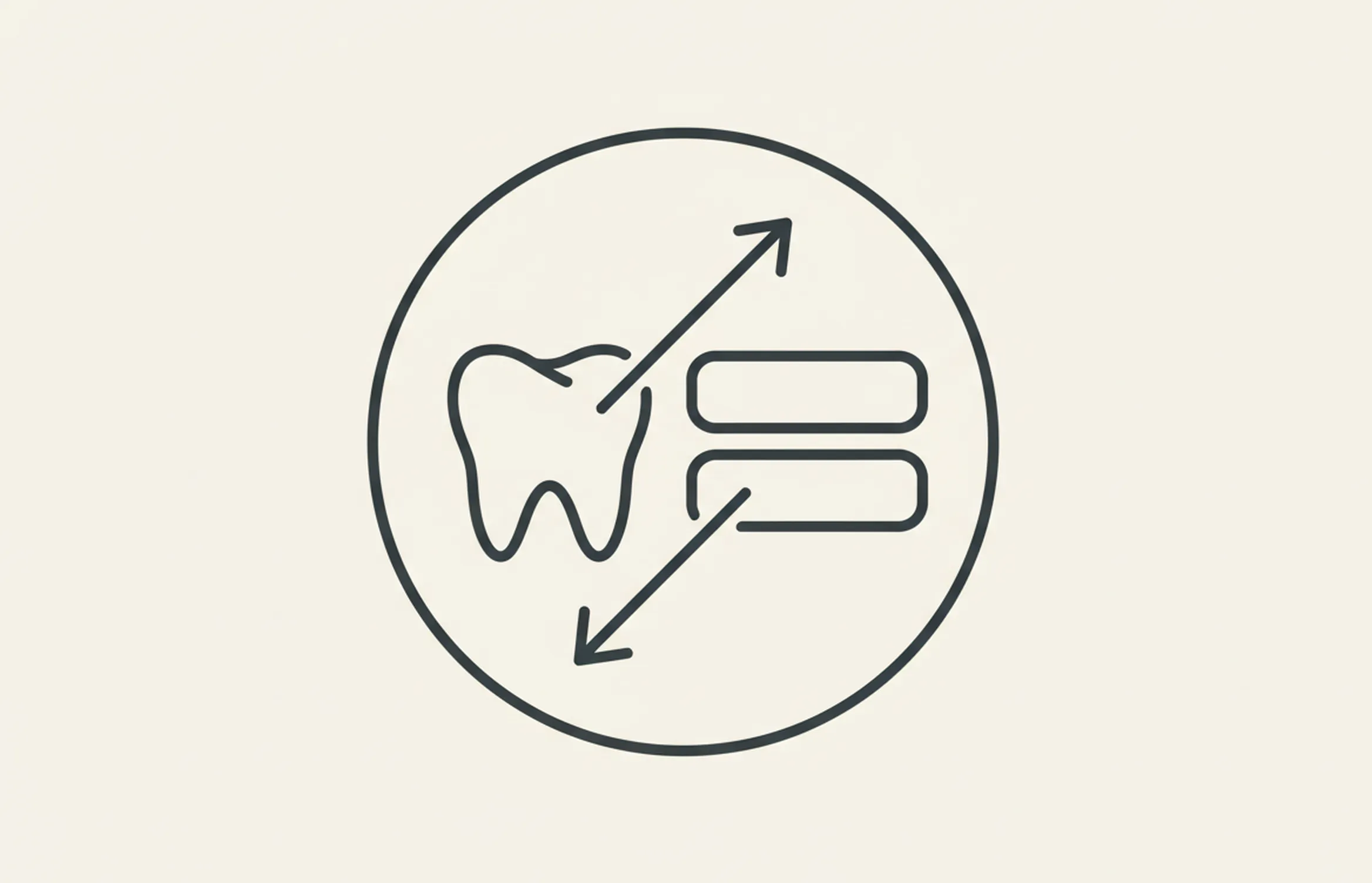Crooked teeth can be a particularly unsightly part of your smile, especially if they're in the front of your mouth, where more people will notice them. Fortunately, there are easy solutions to crooked teeth, for example, veneers. Let's take a look at what veneers are and then decide whether you can apply them to crooked teeth and what some alternative options are.
What are veneers?
A dental veneer is a thin covering put on the front of a tooth, similar to how many people put protective screens on smartphones and other devices. This veneer can be nearly any colour, to help match the rest of your teeth, and provides protection from staining, cracking, and other threats.
Most veneers are made from one of two materials.
Porcelain veneers are custom-made to fit each tooth. They're durable and hold up well under pressure, and their resistance to staining is particularly useful with some diets. Also, porcelain veneers don't require removing as much enamel as solutions like crowns or caps do. These are a relatively popular choice among patients.
Composite resin veneers use a tooth-coloured mixture of ceramic and plastic that bonds to the tooth. This requires removing even less enamel than porcelain veneers, and they're usually more affordable as well. Resin veneers are also easy to repair, but they're not quite as durable as porcelain. These are more popular with budget-conscious patients.
Do you need straight teeth for veneers?
So, can you get veneers with crooked teeth? Yes, although the full answer is a little more in-depth.
If your teeth are only slightly crooked, dentists can shape the veneers to make your teeth look straight. This is a simple, straightforward procedure that can help you avoid the time and cost required for straightening your teeth with typical orthodontic techniques, like braces.
However, if your teeth are too crooked, veneers won't be able to cover for that. In fact, they may actually highlight the problem and make it look worse. Only a professional can tell you whether or not your teeth are too crooked for veneers to work, so be sure to ask your dentist if this is an option.
Alternative options to straighten teeth
If using veneers to make your teeth appear straight isn't an option in your case, here are two alternative options for straightening your teeth.
Alternative #1: Braces
The classic technique, braces, involve bolding metal wires to your teeth and gradually tightening them to force your teeth into place. Most people have this done as children, but it is possible to get braces later in life as long as your teeth support it.
Alternative #2: Aligners
Aligners are a series of transparent pieces of plastic that you can wear for 2-3 weeks each. These slowly move your teeth into place by exerting a little bit of pressure on them. Aligners are usually less noticeable and easier than braces, but they cannot correct severely twisted teeth.
As you need to have a new aligner made every three weeks or so, this technique requires significantly more trips to an orthodontist, which could be a problem if you have a busy schedule. However, the fact that most people can't see aligners makes them ideal for adults who work in professional settings.
Sources and References
-
[1]
Esthetic restorations of maxillary anterior teeth with orthodontic treatment and porcelain laminate veneers: a case reportThe Journal of Advanced Prosthodonticshttps://pmc.ncbi.nlm.nih.gov/articles/PMC2984523/
-
[2]
Smile makeover with direct composite veneers: A two-year follow-up reportJournal of Dental Research, Dental Clinics, Dental Prospectshttps://pmc.ncbi.nlm.nih.gov/articles/PMC6076883/
-
[3]
The Success of Dental Veneers According To Preparation Design and Material TypeOpen Access Macedonian Journal of Medical Scienceshttps://pmc.ncbi.nlm.nih.gov/articles/PMC6311473/
-
[4]
Porcelain veneers: a review of the literatureJournal of Dentistryhttps://pubmed.ncbi.nlm.nih.gov/10709338/
-
[5]
Application of porcelain veneers following orthodontic treatmentJournal of the Canadian Dental Associationhttps://pubmed.ncbi.nlm.nih.gov/8453519/
All sources accessed and verified on . Medical information reviewed for accuracy and compliance with current guidelines.
Related Articles
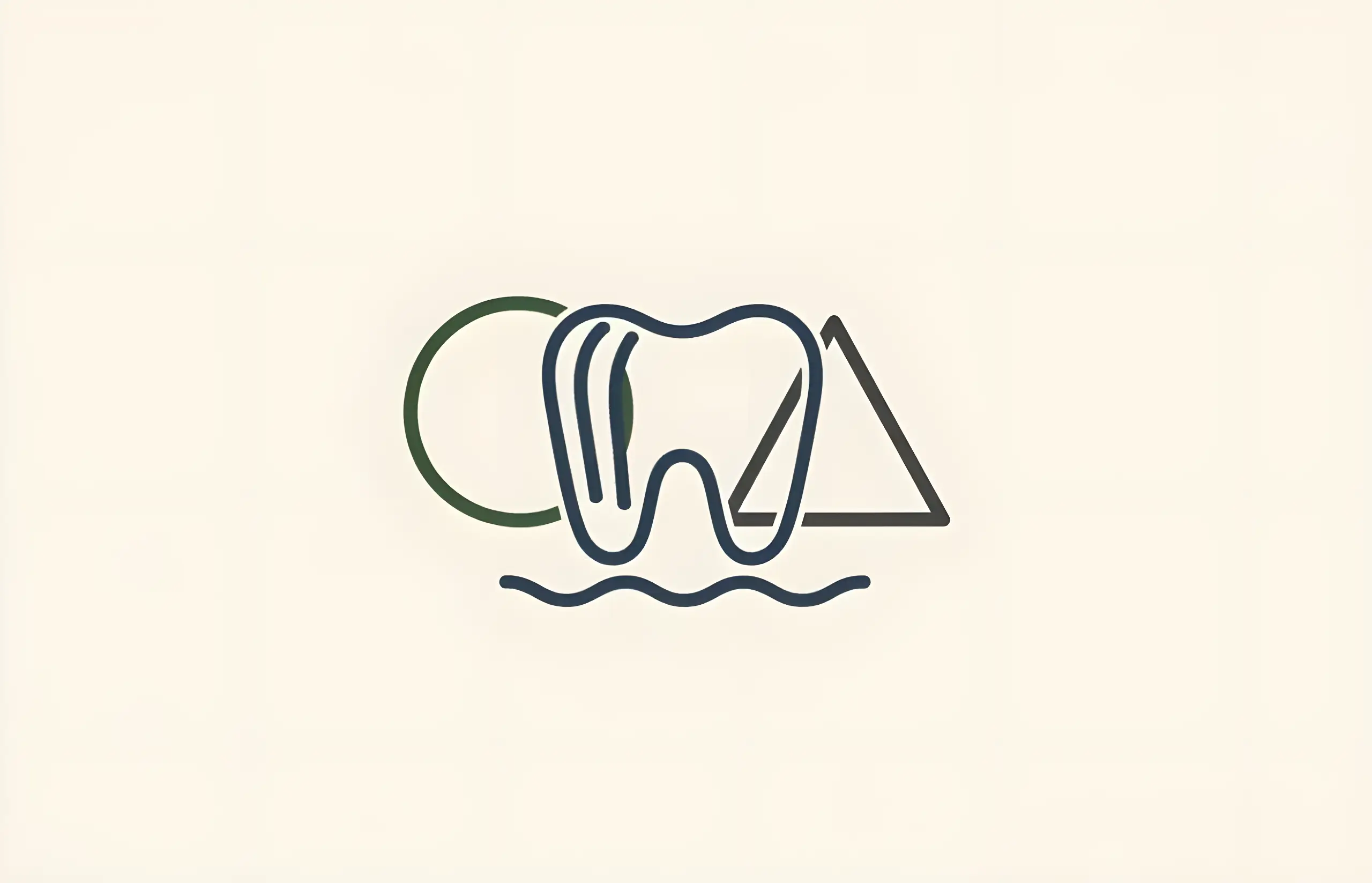
Alternatives to Veneers
Comprehensive guide to cosmetic dentistry alternatives to veneers, including teeth whitening, microabrasion, orthodontics, tooth recontouring, and dental bonding
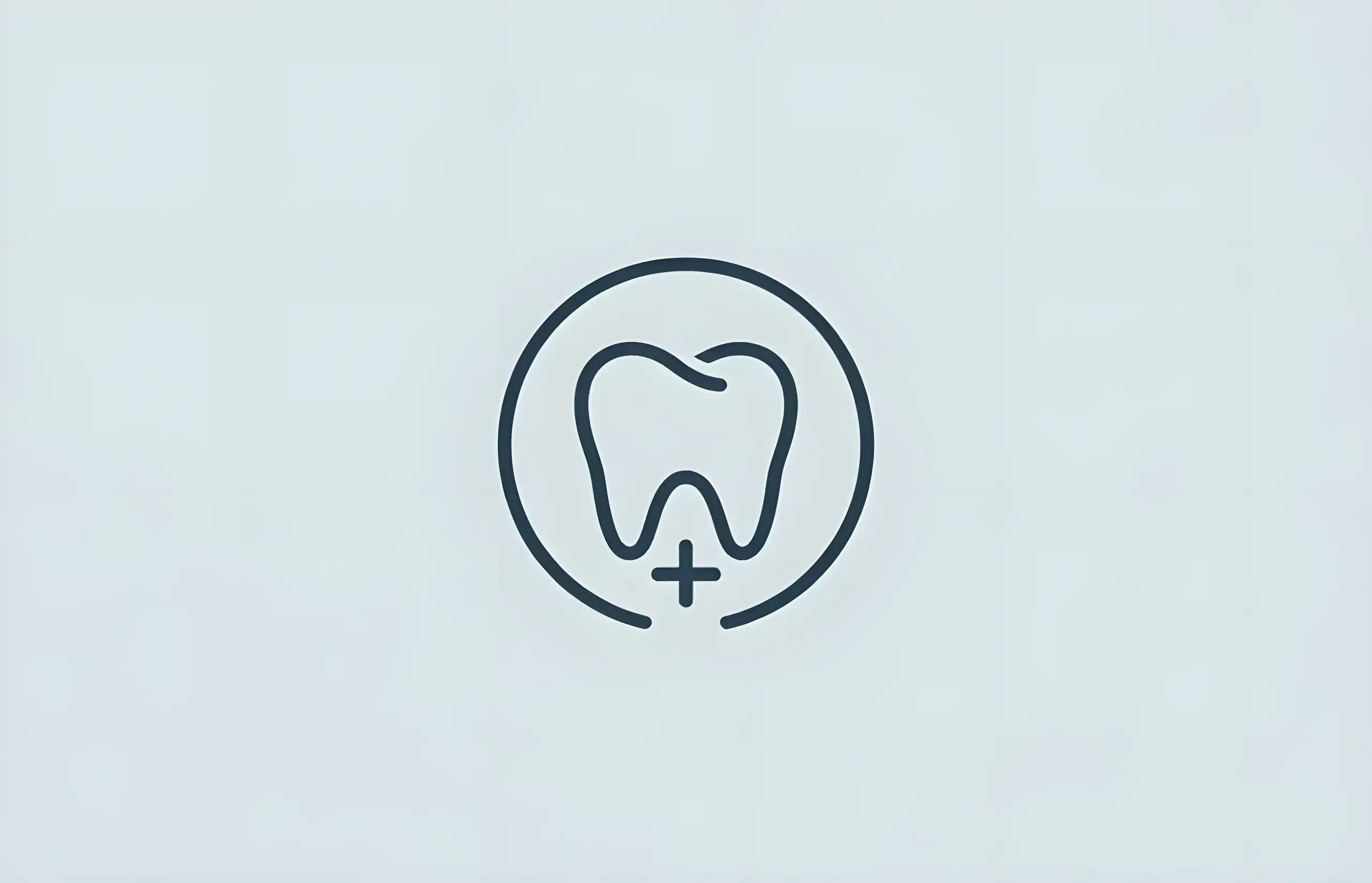
Are Dental Veneers Safe?
Comprehensive guide to dental veneer safety, including risks, complications, success rates, and important considerations for this popular cosmetic procedure

Are Veneers Bad for Your Teeth?
Comprehensive guide to how veneers affect your teeth, including enamel removal, long-term effects, proper placement, and important considerations

Are Veneers Covered By Dental Insurance?
Complete guide to dental veneer insurance coverage, when veneers may be covered, costs without insurance, and other dental procedures typically covered by insurance
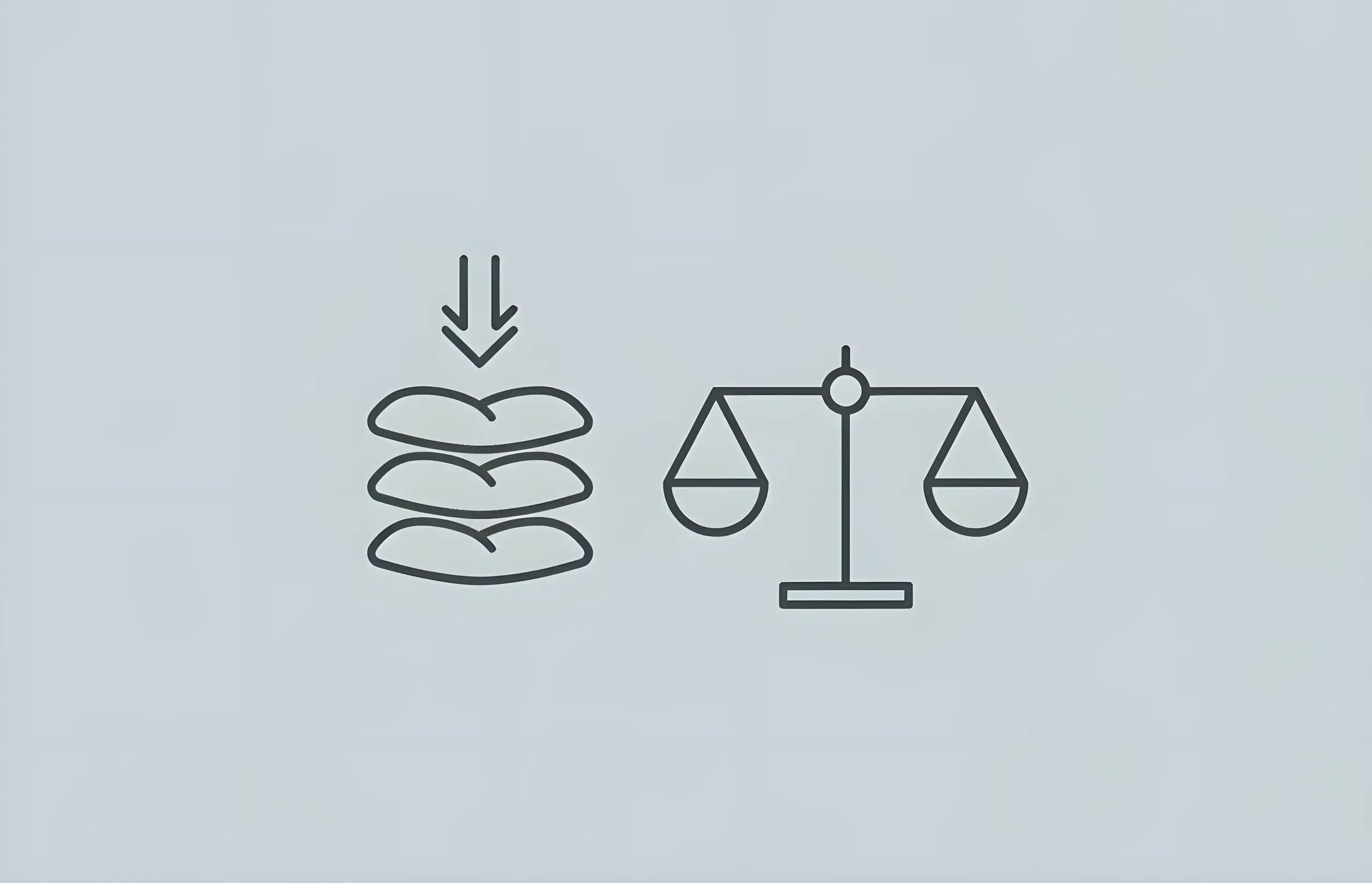
How Much Do Composite Veneers Cost?
A comprehensive guide to composite veneer costs, comparing prices with porcelain veneers and understanding what affects the price

Composite Veneers vs Porcelain Veneers
Comprehensive comparison of composite and porcelain veneers including costs, longevity, aesthetic results, treatment procedures, and which option is best for your smile transformation

How Much Do Dental Veneers Cost in the UK?
Comprehensive guide to dental veneers including history, materials (composite, porcelain, lithium disilicate), treatment process, costs (£200-£1000 per tooth), longevity, care instructions, and cost factors

Do Veneers Fall Off?
Comprehensive guide to veneer longevity including survival rates, causes of debonding and failure, composite vs porcelain durability, prevention strategies, and how to protect your veneers
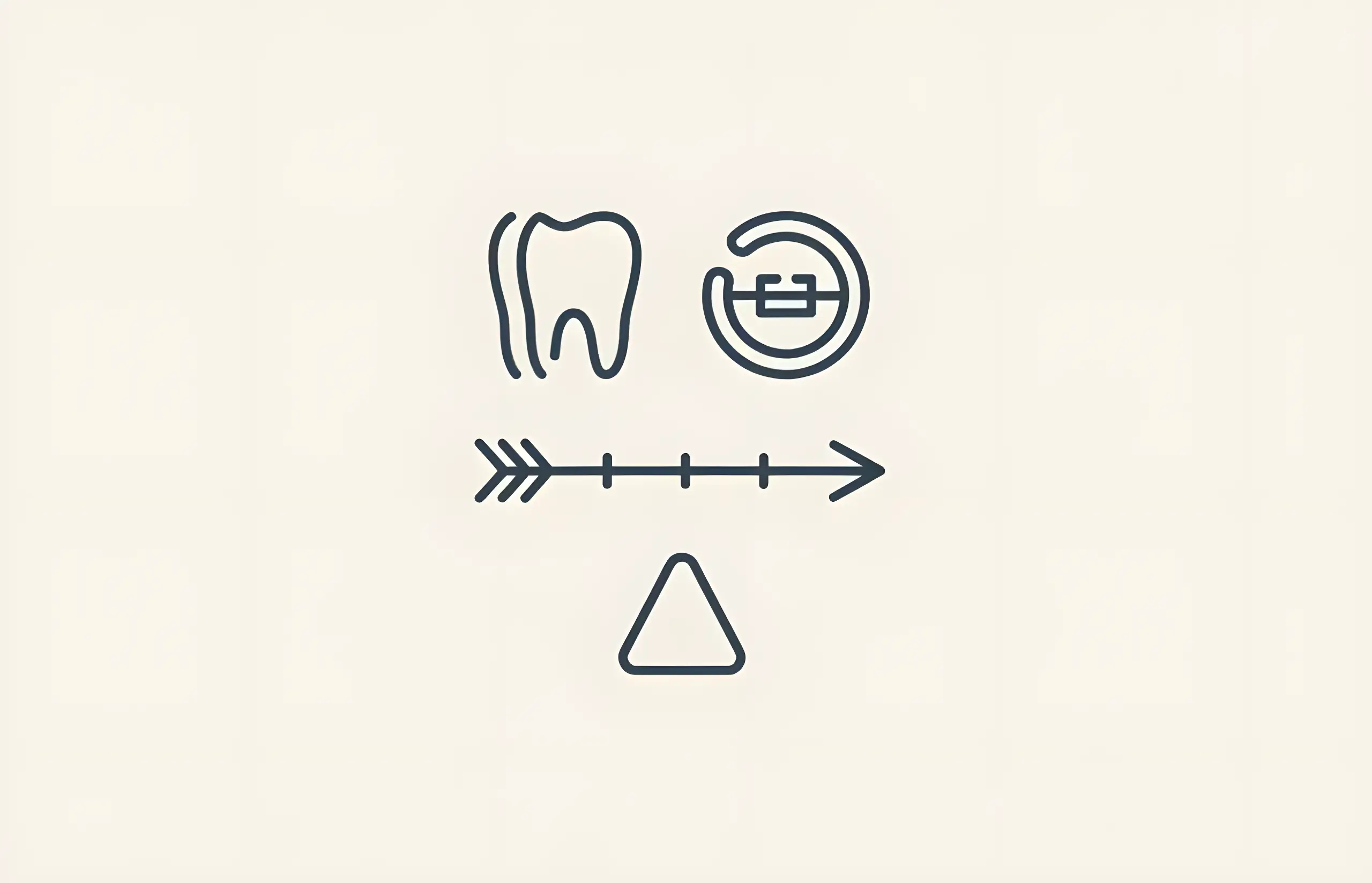
How Long Do Veneers Last?
Comprehensive guide to veneer longevity including survival rates, replacement considerations, irreversible enamel removal, color stability issues, and alternative restoration options
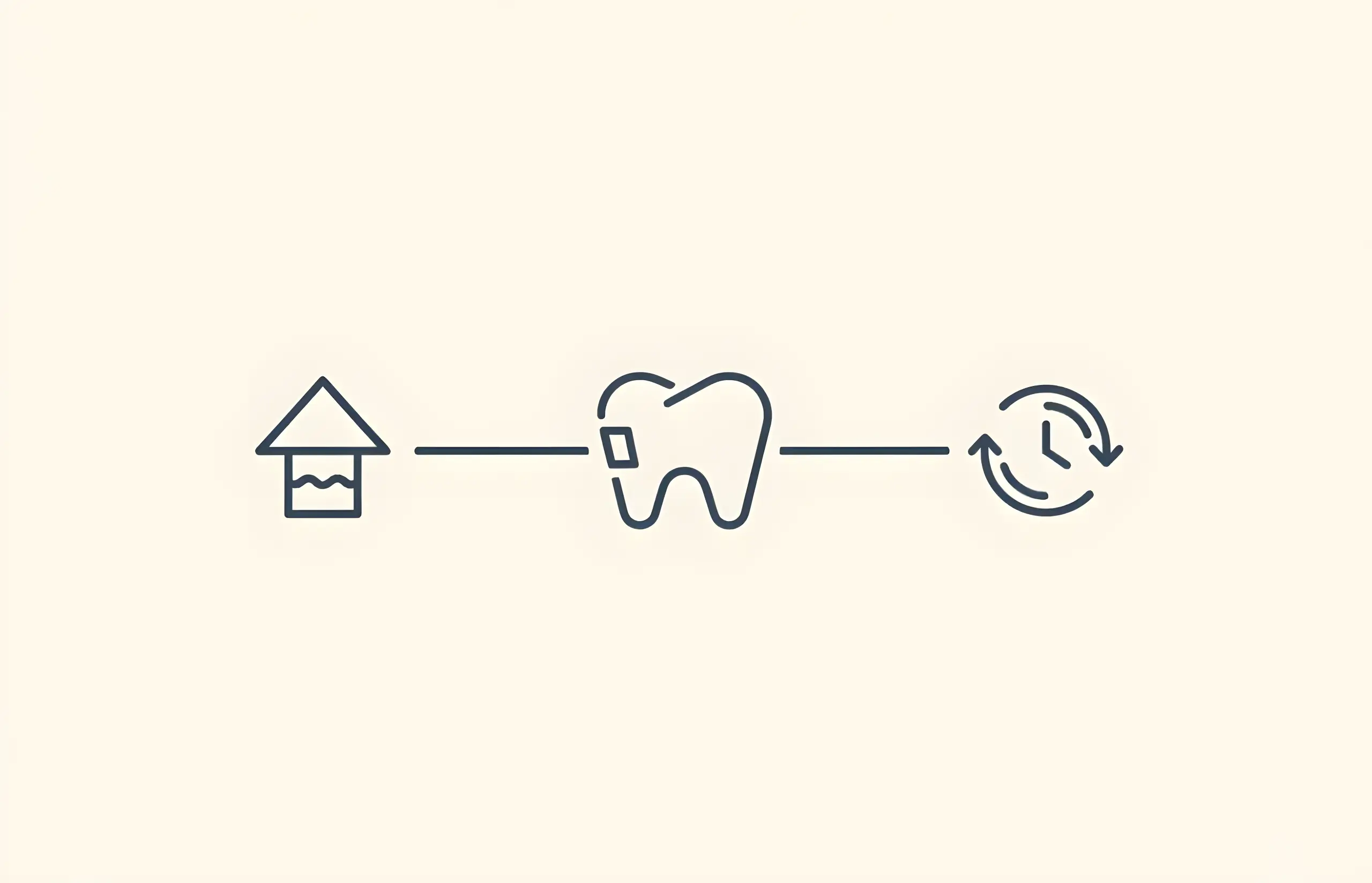
How Long Does It Take To Get Dental Veneers Fitted?
Complete Timeline Guide (3-4 Weeks Total, 94.4% Survival at 5 Years, 93.5% at 10 Years)
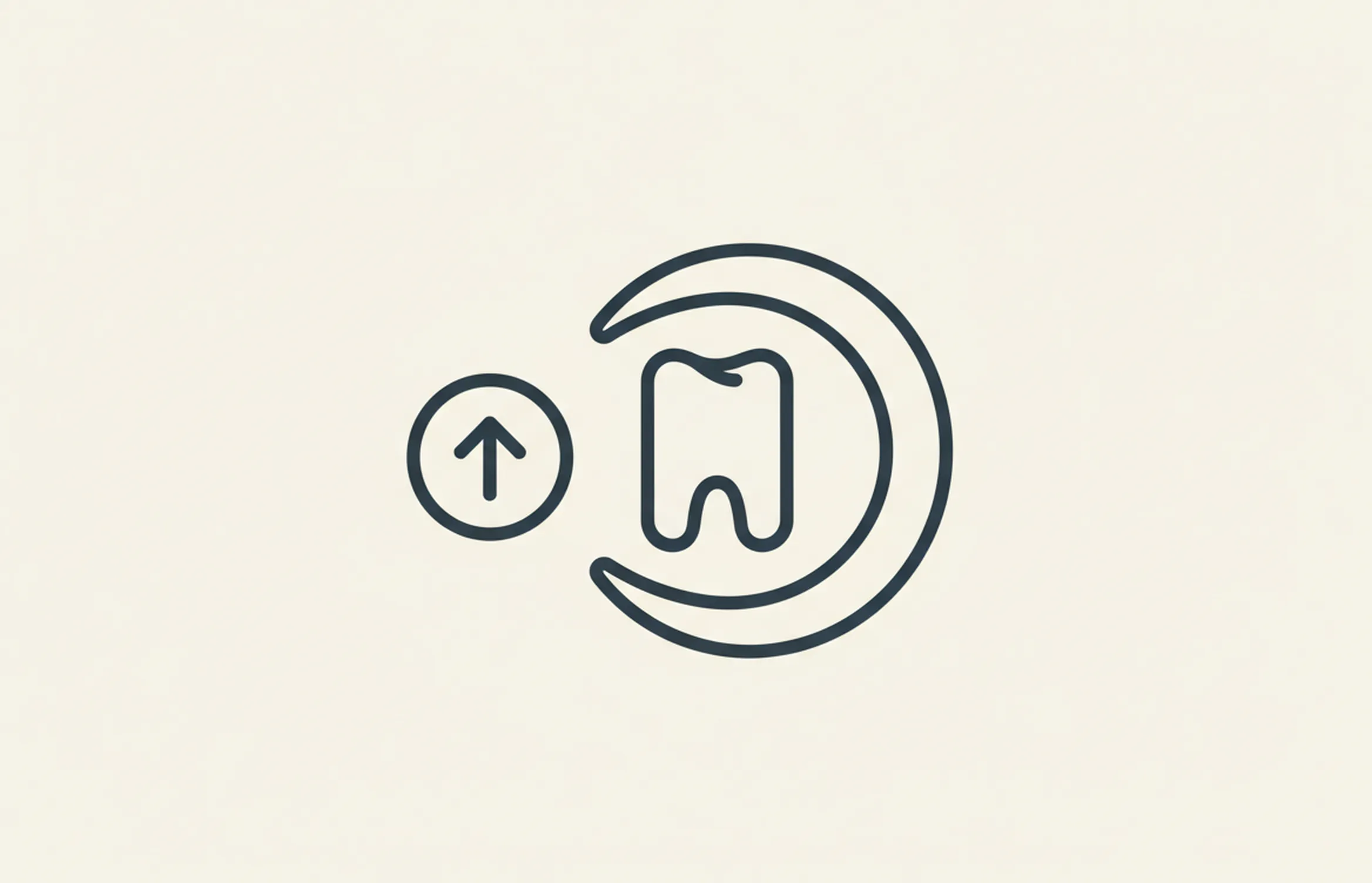
How Old Do You Have To Be To Get Veneers?
Comprehensive guide to age requirements for dental veneers, tooth development considerations, adolescent veneers, enamel bonding requirements, and factors affecting veneer candidacy
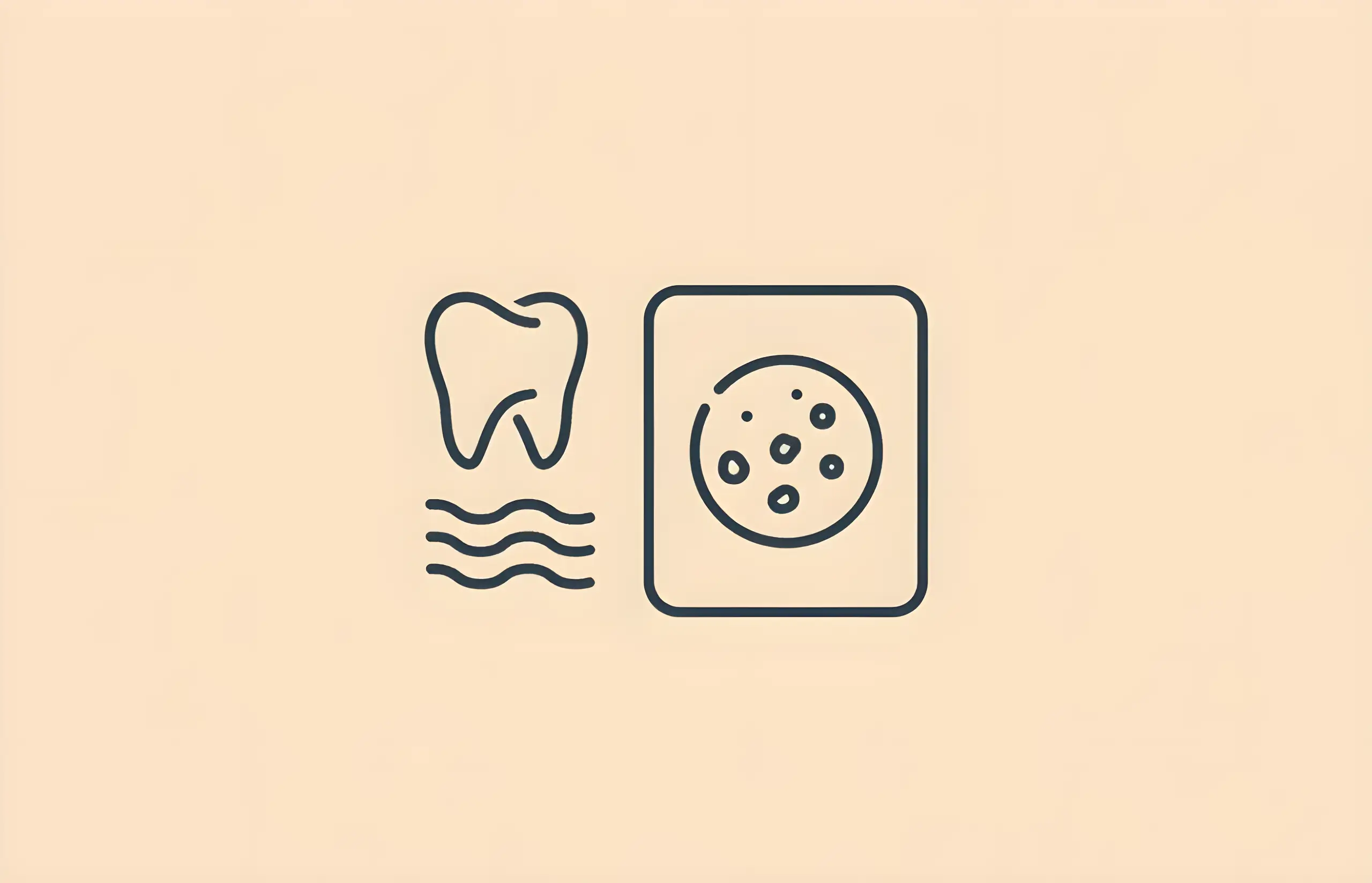
Do Porcelain Veneers Stain?
Comprehensive guide to porcelain veneers staining resistance, marginal discoloration (most common complication), color stability compared to composite, beverage effects (Coca-Cola worst, coffee second), surface roughness impact, and prevention strategies

The Pros and Cons of Veneers
Learn about the advantages and disadvantages of porcelain veneers including improved appearance, durability, stain resistance, cost, maintenance, and who is a suitable candidate
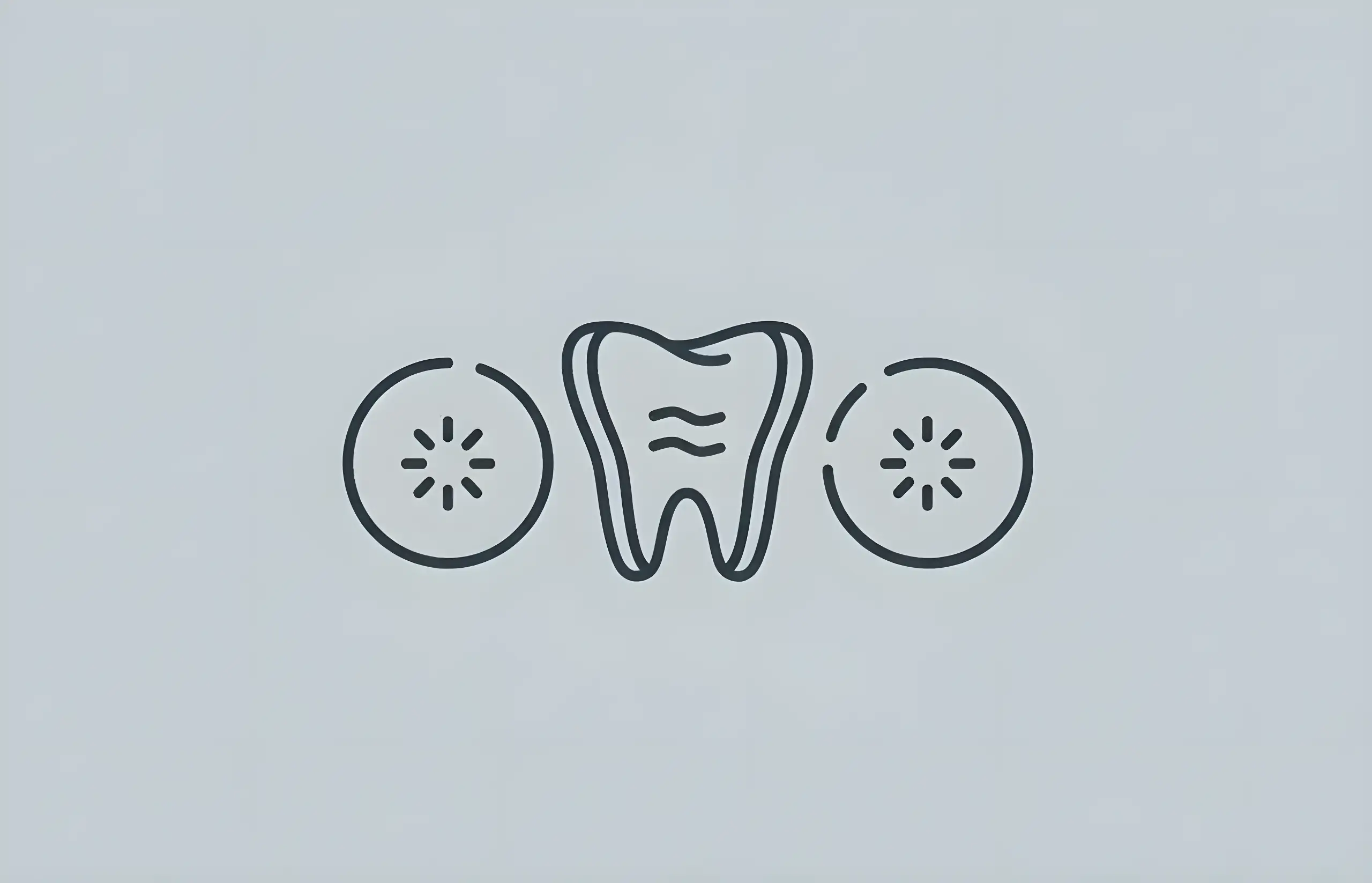
Sensitive Teeth After Veneers
Understanding causes, treatment options, and what to expect when experiencing tooth sensitivity after veneer placement

Different Types of Veneers
Comprehensive guide to veneer types including porcelain, composite, instant, and removable veneers with survival rates, costs, pros and cons, and how to choose the right option

Veneers For Front Teeth Gap
How porcelain veneers can effectively close diastema and improve your smile with a permanent, natural-looking solution

Veneers For Underbite Correction
Learn about using veneers for underbite correction including what underbites are, how veneers can help in mild cases, possible problems, and alternative treatment options
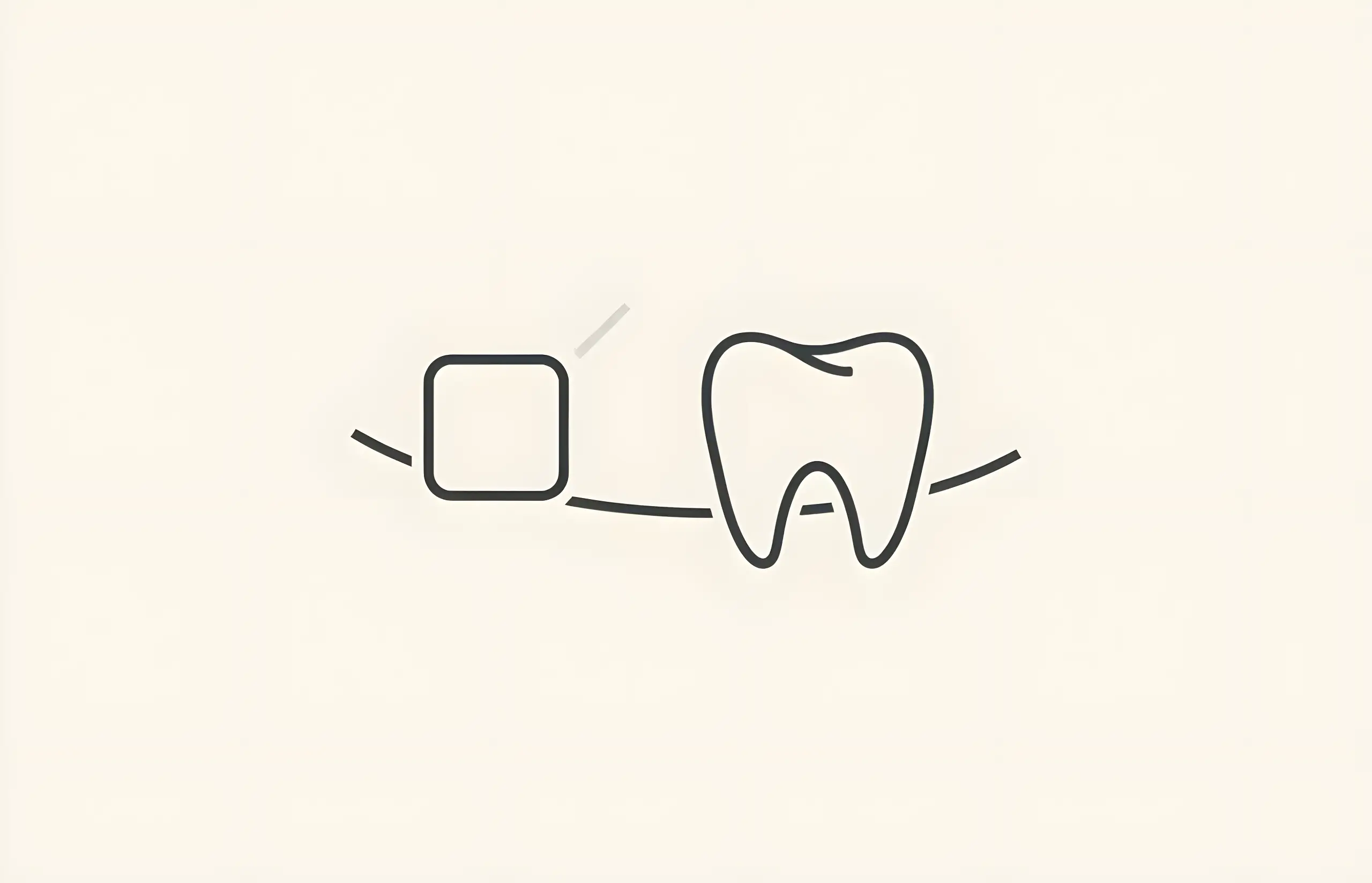
Can You Get Veneers With Missing Teeth?
Complete guide to veneers and missing teeth including why veneers cannot replace missing teeth, treatment limitations, and effective tooth replacement options
About The Dental Guide
The Dental Guide is a trusted online resource providing evidence-based information about dental health, treatments, and procedures. Our content is created and reviewed by qualified dental professionals to help you make informed decisions about your oral health.
Our Mission
- Evidence-based dental information
- Expert-reviewed content
- Clear, accessible explanations
- Latest treatment options
- Patient-focused guidance
Editorial Standards
- GDC-registered dental professionals
- Peer-reviewed sources
- Regular content updates
- Medical accuracy verification
- Transparent authorship
Important Notice
The information on The Dental Guide is for educational purposes only and should not replace professional dental advice. Always consult with a qualified dentist for diagnosis and treatment recommendations tailored to your individual needs and circumstances.
Medically Reviewed
Reviewed by Dr. Nasim Mechoui , BDS (Bristol)
Share this article
Comments & Discussion
Have questions about dental implants? Share your thoughts or experiences.
